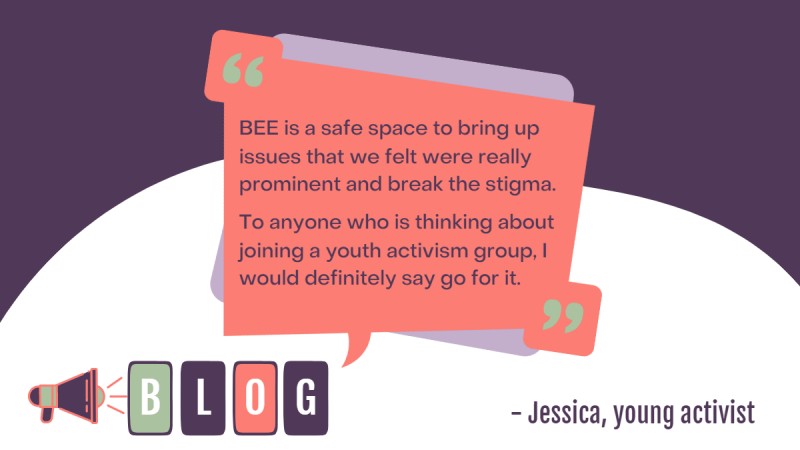Blog
Young activists are leading the way in sexual violence prevention in schools

In recent years, we’ve seen a steady rise of online misogyny, nurtured by incel forums, alt-right platforms and disinformation.
In today's digital landscape, it has never been so important for young people to receive robust and consistent education on consent, gender equality and healthy relationships. Central to these efforts in Scotland are prevention workshops delivered by local Rape Crisis Centres. But what happens after these workshops?
Ask an Advocacy Worker

Set up in 2016, the National Advocacy Project is a network of specialist Advocacy Workers from local Rape Crisis Centres in Scotland who help survivors to access justice. All 17 Rape Crisis Centres have Advocacy Workers, meaning that survivors can benefit from advocacy anywhere in Scotland, from the Highlands and Islands right down to the Borders.
As a relatively new service, many survivors who think about pursuing justice aren’t aware of advocacy work or what help is available to them.
We spoke with Jo and Dawn, two Advocacy Workers at Rape and Sexual Abuse Service Highland (RASASH) in Inverness, to find out what Advocacy Workers want survivors to know.
Survivor Activism in the Highlands
“When the actual zines came back… wow.”
That was the reaction of Lorna, who took part in a zine making workshop, hosted by Rape and Sexual Abuse Service Highland (RASASH) in Inverness, when she saw a printed copy of the zine she had helped to create.
Thoughts from a young activist on Equally Safe at School (ESAS)
-800.png)
Here at Rape Crisis Scotland, we know that education is key in preventing sexual violence. Yet, recent research has found that young people in Scotland are not getting the guidance they need from schools around healthy relationships, and instead young women and girls are turning to social media for advice or learning from their own (often negative) experiences.
Of the nearly 500 young women and girls surveyed in the Rise Report, not one participant described feeling well supported to learn about relationships at school. For many young people these findings came as no surprise.